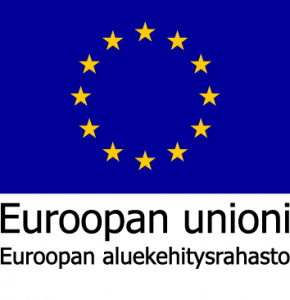PIENPOLTTOSIMULAATTORI
Residential Wood Combustion Simulator (PIENPOLTTOSIMULAATTORI)
Duration: 1.10.2016-31.5.2019.
Background: Residential wood combustion (RWC) is very common in Finland and there is significant amount of business opportunities connected to RWC. The use of wood as a part of low carbon economy should be promoted. On the other hand, the emissions from RWC have remarkable effects on the climate and human health. The development of low emission wood combustion appliances requires a profound understanding on the combustion technologies, formation of emissions as well as the special sampling and measurement techniques. These tools are not available for product developers at the moment. Further, RWC appliances do not communicate with the building technology (e.g. ventilation and heating devices), that cause problems to the use of heaters (draught), indoor air quality (emissions and smell), and losses in energy efficiency (uncontrolled supply of combustion air to the heater).
Aims: The aim of SIMO is to create new approach for the R&D co-operation between research institutes and companies regarding energy efficiency, safety and emission aspects as a part of modern building technology. SIMO also produces and supports new ideas for developing low carbon renewable energy and energy efficient solutions by intensifying the use of heaters, enhancing the combustion processes, and developing and commercializing of new products in companies.
Measures: In the project, the house simulator will be built to a container. In the simulator the operation and emissions of a heater can be simulated in conditions representing real-life operation. New ideas such as smart solutions, simple automation etc. is possible to test easily and quickly. The measures of the project are divided to 5 work packages: 1) building and testing of container, 2) evaluation and testing of new ideas in simulator 3) development of new solutions, 4) preparation of educational material and piloting of education and 5) information part, strengthening of collaboration networks, and compiling of service model of the simulator.
Results: SIMO produces new know-how for companies, offer testing environment for new ideas of companies and promotes co-operation between SMEs. As a result of SIMO project, the competitiveness of SMEs connected to RWC can be promoted by developing combustion technologies. SIMO enables also arising of new ideas in the companies regarding problems in the using of heaters and improving of energy efficiency. In addition, the knowledge and measurement instruments of combustion laboratory of UEF can be exploited more efficiently regarding the needs of SMEs. SIMO also intensifies the networking between SMEs, Savonia and UEF in a new area (electronic, automation, smart technologies) and strengthen the networks regarding combustion technologies. Moreover, creating of the educational environment for RWC promotes the integration of students with the SMEs and intensifies the communication from research to SMEs. In the longer term, the environmental effects of RWC decreases and the transition of society to low-carbon economy is promoted.


More information: Doc. Jarkko Tissari, tel. +35840 355 3237, jarkko.tissari(at)uef.fi